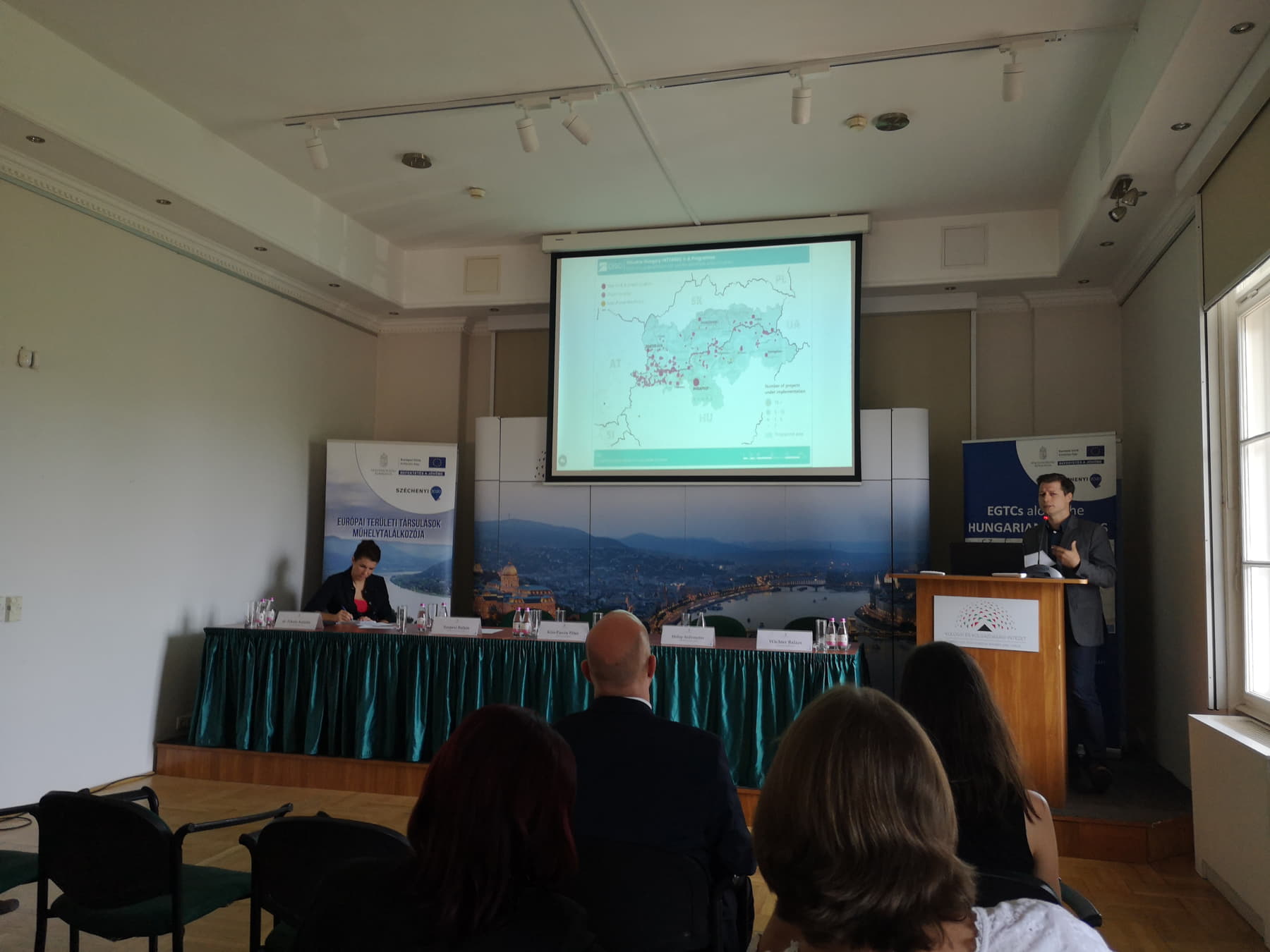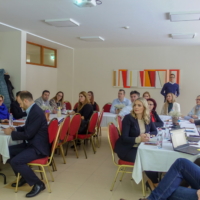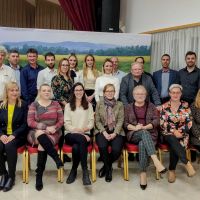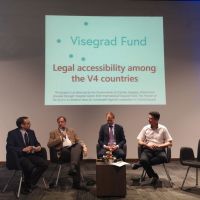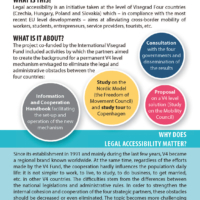This year’s second EGTC workshop was held on 24 June 2019 at the Institute for Foreign Affairs and Trade in Budapest. This time, the Department for Regional and Cross-border Development of the Ministry of Foreign Affairs and Trade focused on the topic of economic and business development during the workshop.
The day started with the opening by Péter Kiss-Parciu, Deputy State Secreatry for Cross-border Economic Cooperation at the Ministry of Foreign Affairs and Trade. In his speech, he emphasized the importance of legal accessibility and the role of European Groupings for Territorial Cooperation in regional development. After this, Balázs Szepessy, Deputy State Secretary of the Ministry for Innovation and Technology, presented the government’s business development strategy until 2030, which defines a 7-point action plan with the focus on the tax and business environment, digitalisation and internationalization. Szilveszter Holop, Deputy Secretary General of the INTERREG V-A Slovakia-Hungary Programme, presented the territorial action plans aiming employment being implemented under the axis 3 of the programme. A total of 9 action plans were adopted in the Slovak-Hungarian border region, out of which 5 are coordinated by different EGTCs. He emphasised that in the case of action plans, the cross-border nature of developments are clearer than in the case of those implemented with two “normal” partners. During the last item of the agenda, Balázs Wächter, advisor of VitalPro Ltd., spoke about the regional role of incubator houses in connection with the KOLORCITY project in Kazincbarcika. At the end, Zoltán Bara, Director of the Pons-Danubii EGTC and Miklós Kószó, Director of the BTC EGTC, presented their relating initiatives.
The afternoon session was opened by the presentation of László Jónás, business development manager of Design Terminal, in the framework of which, he presented the organisation’s activities in Visegrád and across the border. In his presentation he emphasized the importance of human resource development in the case of start-ups and micro- and small businesses. After this, CESCI’s project manager, Enikő Hüse-Nyerges spoke about the topicality of the association’s activities and the European CBC processes. In her presentation, she showed the project initiated by the European Advisory Platform, the progress that has been made in legal accessibility at both European and Visegrad levels, and she also talked about the European Commission’s b-solutions application programme. The Arrabona EGTC is among the winning applicants. Its director, Péter Sárkány presented the content of the project to be implemented.
In the second part of the afternoon, the staff of the Ministry of Foreign Affairs and Trade informed the EGTCs about the most important administrative and strategic changes and outcomes, and then the representatives of the groupings reported the events of the period since the last workshop.
